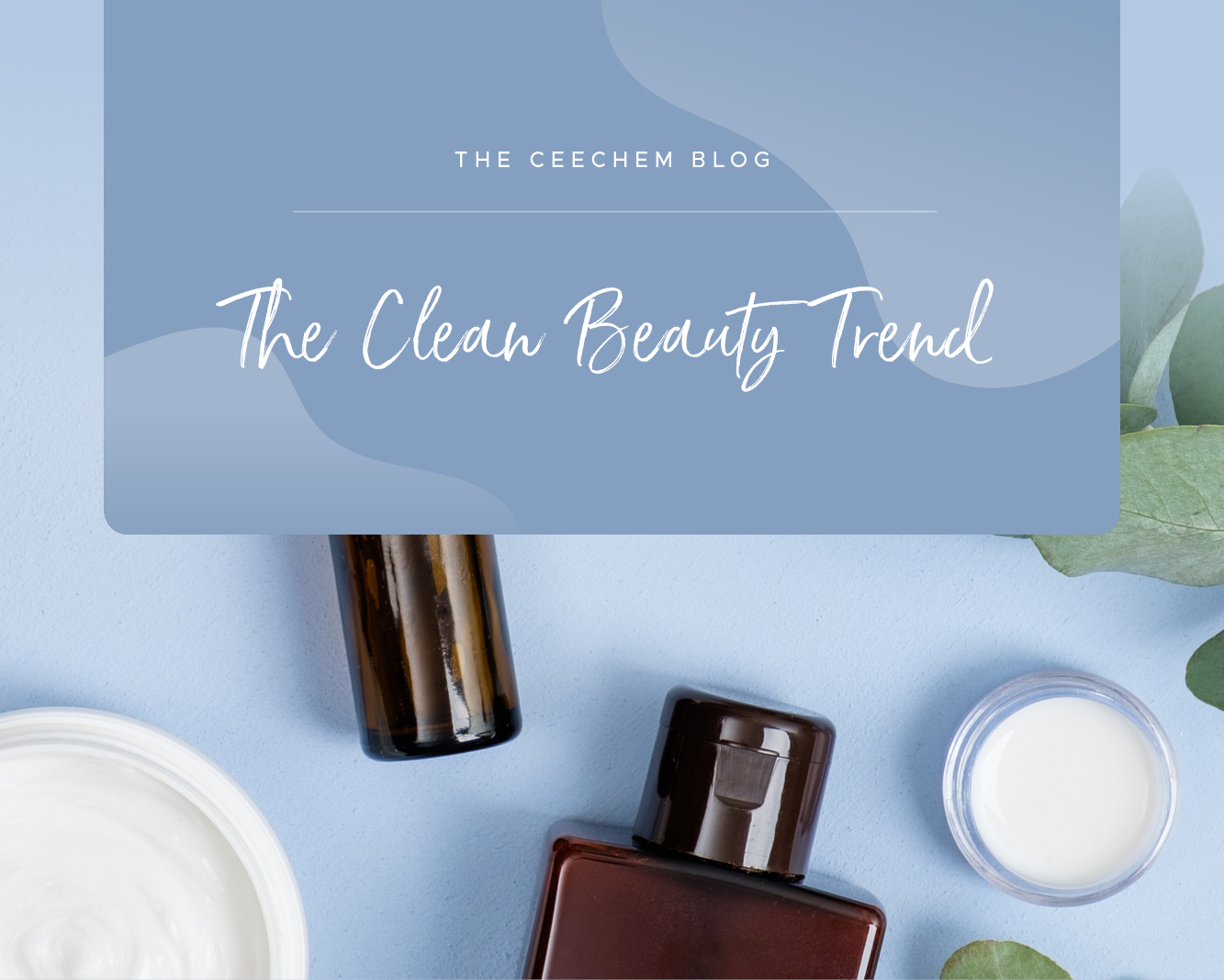Since the turn of the century, there has been an increased demand for “clean” beauty products. This drives the need for reliable, cosmetic raw materials wholesalers as well. Companies like Estee Lauder, Unilever, and Dove have seen high levels of success selling these natural products.
Consumers want to buy “clean” products and companies need risk-free products for their customers. Ceechem, a cosmetic raw materials wholesaler, is here to supply your company with the best high-quality materials. We aim to help brands create transparent, safe, and “clean” beauty products.
An Expanding Market for Clean Products
According to a recent study by Mintel, 56% of US consumers equated “clean products” with natural products. This trend started with organic food, then changed to the desire for sustainable Beauty and Personal Care (BPC) products.
Growing sustainability concerns are making “clean” cosmetic products not a desire but a necessity in today’s market. Though the trend for natural ingredients started with small brands, it’s now expanding to bigger companies. Mainstream brands like CVS Pharmacy, Allure, Sephora, now source natural products.
Sustainability in Brand Goals
As demand increases, many brands are pivoting to include sustainability in their brand goals. For example, Loreal has pledged to have a 50% increase in recycled or bio-sourced plastic by 2025. Nearly all big brands are promising to use up to 100% of recycled packaging over the next 5 years.
Other labels, whether vegan, hypoallergenic free, or dermatologist tested, are becoming more visible. Worth Global Style Network (WGSN) found 38% of shoppers prefer to buy cosmetic products that are “sustainable.” “Clean” products are also associated with marketing words like “free-from” or “made without.” This implies a lack of harmful materials replaced with natural ones.
The packaging is just as important to the clean beauty trend as are ingredients. Lightspeed found that 53% of US and UK consumers find reusable and recyclable packaging significant. Labels like compostable, or recyclable help the customer identify the brand as sustainable.
This association is vital to the beauty brand’s success. A U.S Study by Mintel observed that 48% of household care product users recycle as much as possible. Not only that, but 17% avoid products with non-recyclable packaging. These numbers are likely to continue to rise with this sustainability trend.
As a company, you should focus on using plant-based, natural ingredients. You should also be sure that they are ethically sourced to stay ahead of the competition.
In Conclusion
Now more than ever, people pay more attention to the source of their products, the ingredients, and the packaging. Include natural materials, using recycled packaging, and find a transparent wholesale supplier. A vast majority of consumers are starting to desire more sustainable beauty products. In this way, shoppers both to take action against environmental degradation and live more sustainably.
Reach out to Ceechem to partner with a raw materials wholesaler that will provide high quality, clean materials for your company.
